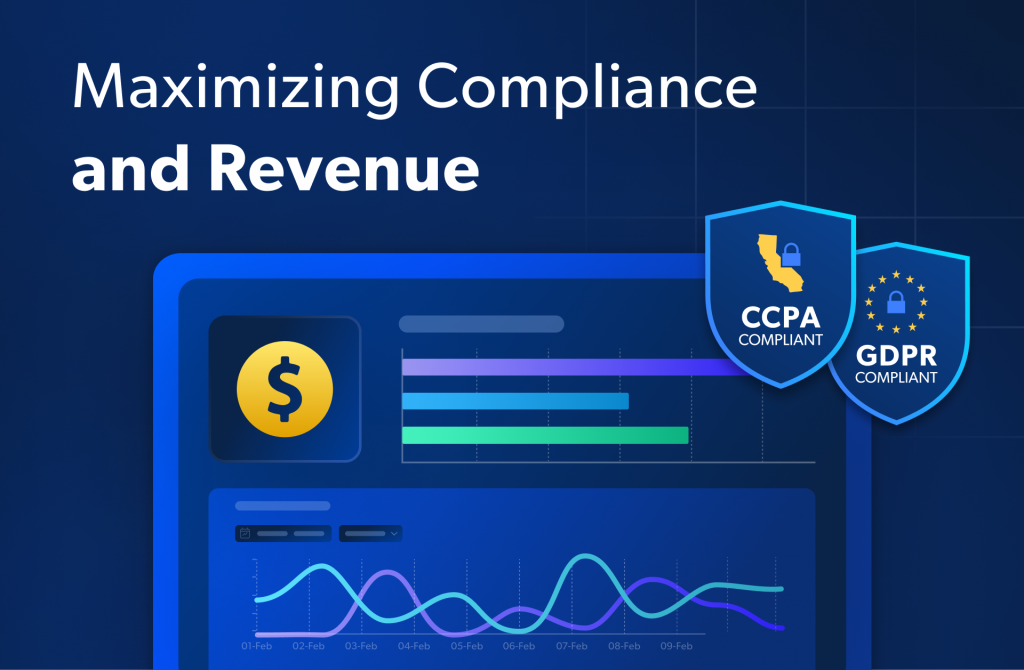Maximizing Compliance and Revenue: How Bright SDK Secures and Monetizes Your Windows Apps
As the vehicle that enables Bright Data to collect public web data, Bright SDK has always been committed to full transparency and compliance with industry standards. This is true to every operating system our SDK operates in, each one with its app store and unique requirements.

Let’s explore Windows as a unique example. Unlike platforms like iOS, LG TV, and Samsung TV, Windows apps are not necessarily downloaded from one central app store, but rather from countless download websites. Additionally, most Windows devices have at least one Antivirus engine running on them, and security is a significant consideration when installing apps and granting them different privileges.
We take care of your app compliance
To guarantee the safety and compliance of both Bright SDK’s owned apps and those of our partners, we have established a strategic partnership with Appesteem. Each one of those apps is part of the AppEsteem certification program, which is highly respected by most of the major AV vendors. To become part of the program, we went through the most rigorous compliance review conducted by their analyst team. During this review, we received some practical, constructive feedback which we implemented, and resulted in us further improving the SDK’s features. All existing and new Bright Data SDK Windows partners benefit from the AppEsteem program. Participation is free to the partner; Bright Data pays for it.
How can Windows app developers monetize with Bright SDK?
There are 2 routes you can do that:
- Implement Bright SDK into your app. End users will see a screen offering them some benefit of your choice (i.e. premium features, fewer advertisements, etc) in exchange for allowing Bright Data to collect public web data through their IP address.
See some Windows implementation examples here: App Monetization with Bright SDK – Windows Integration

2. Bundle an optional offer to install our lucrative premium VPN for free- Bright VPN. In this scenario, you would monetize per install, based on country rates. See some more details here.

Interested in integrating these solutions into your app? Reach out to our team for a personalized consultation
Antivirus Guidelines
What guidelines would you have to keep in mind to ensure your app is compliant? The list is quite long and can be seen here. The good news is that our experienced team will guide you through these requirements, so you don’t have to navigate them alone. Our team has enough experience to guide you into what should potentially be modified, and as part of the service, the app will be reviewed by Appesteem, and a detailed review will be provided to you. The bottom line is to be transparent with the end user, and not do anything that can be perceived as deceiving them. Some examples:
SDK implementation:
- If a service needs to start running, the user is aware of it the whole time.
- If the app continues to work in the background when minimized or closed, the user is notified.
- When uninstalling apps, no leftovers are remaining on the device.
Bundle offer:
- No means no: if the user has already explicitly declined an offer in the app or during its installation, the app can’t make it again.
- Uninterrupted experience: This means the app can’t present the offers in the middle of any tasks the user has initiated (i.e. starting/stopping the app). You may present offers when the app is idle, or after the app completes a task and the user knows it’s complete.
- The offers should be shown as part of the app, and not in pop-up windows that are dis-associated from the app. Otherwise, AVs will treat the app as Adware that they’ll automatically remove without prompting the user.
Ensuring integrity in our partnerships
Unfortunately, we came across some partners who were not willing to let go of their old deceiving habits and preferred to stick to shady behavior. In such cases, our partnership is terminated immediately. More information about our security practices can be found in our trust center. Here are some examples(out of respect to these publishers, we will not disclose their names):
- Partner A wanted to make the opt-in to Bright SDK a mandatory feature. That means the end user could not launch the app without it.
- Partner B designed the app setup in a way that opt-in was pre-selected, and all the end user had to do was just click OK, to proceed. Although we agree that this approach would have led to higher conversion, we always put compliance and transparency above any other consideration. Thus, we insist that users willingly decide to opt into our offer, and will not be tricked into it.
- Partner C designed its bundle offer screen, which did not include all the mandatory text we wrote to ensure full transparency with end users. The offer screen looked great in terms of design, but again, we will not allow users to install our apps and opt into them, before having a full view of our offer.
Ready to elevate your app’s compliance and monetization potential with Bright SDK? Contact us today to explore partnership opportunities
